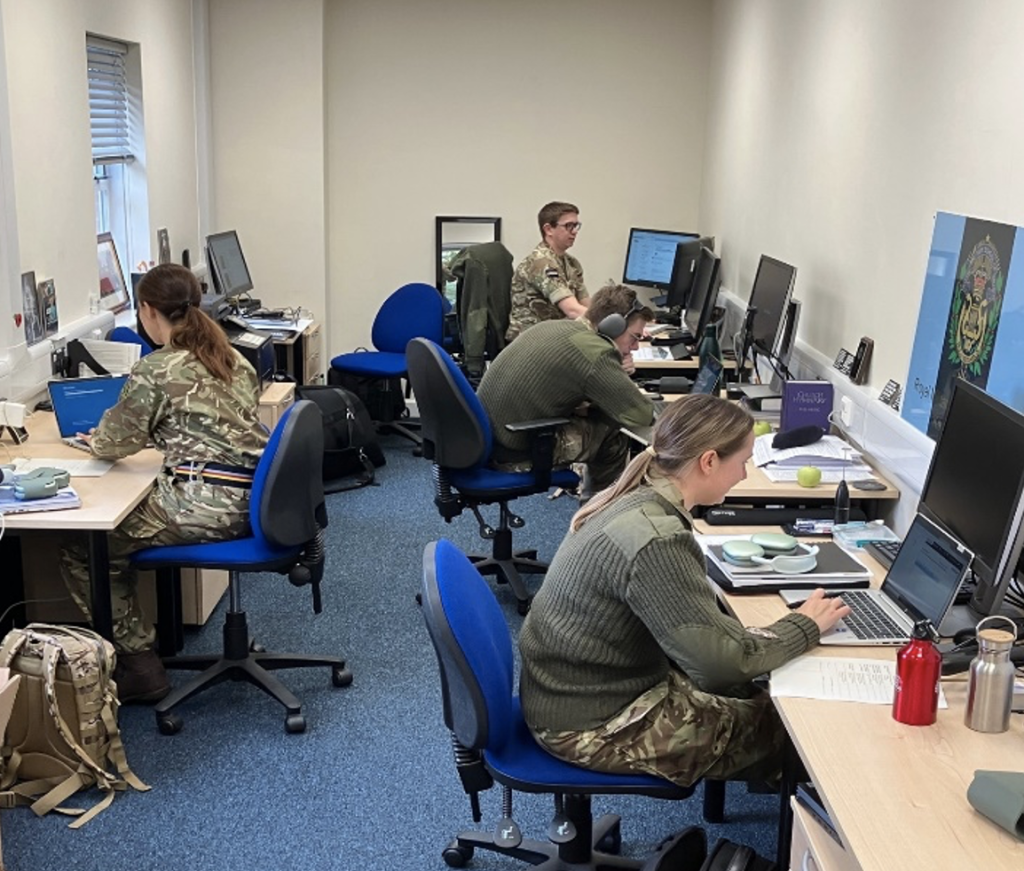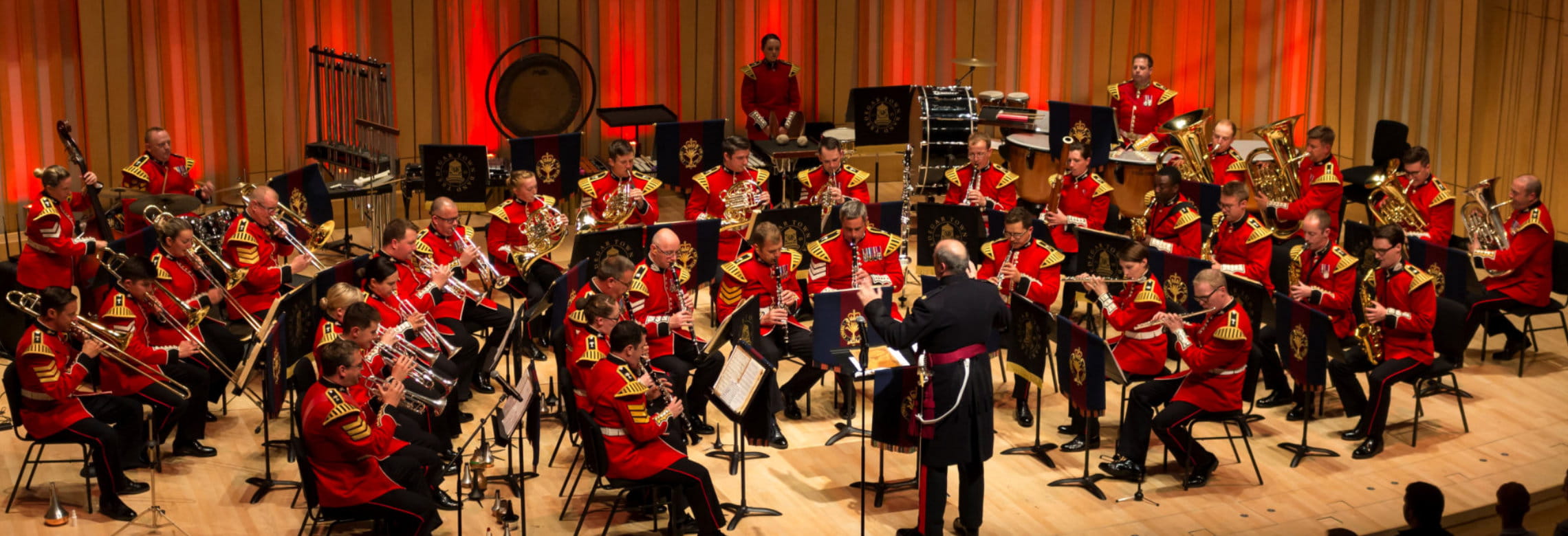Royal Military School of Music
Lieutenant Colonel Craig Hallatt
Principal Director of Music (Army)
Staff Officer Level 1 Army Music
Commanding Officer, Royal Military School of Music
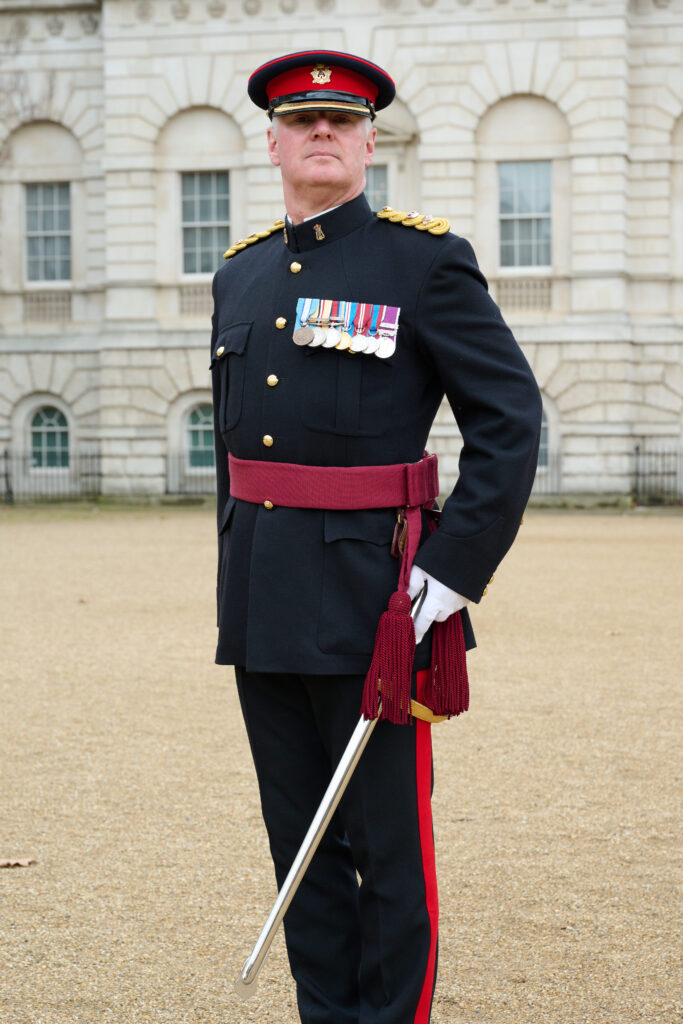
Craig Hallatt started his musical career at the age of 7 in the Brass Band world. He joined the Army in 1985 and has developed an illustrious career ever since. Qualified as a Bandmaster in 2000, commissioned to become the Staff Officer Level 3 Recruiting for the Corps of Army Music in 2007 after which he became a Director of Music. As a keen composer he has written and arranged music for major events and has released several CDs. In September 2018 he became Chief Instructor at the Royal Military School of Music and played a pivotal role in the relocation of the school in Portsmouth in June 2021. In June 2022 he became the Principal Director of Music (Army) and is ultimately responsible for overseeing the output standards of the Royal Military School of Music and Subsequent Trade Training.
Major John Milne
Chief Instructor, Royal Military School of Music
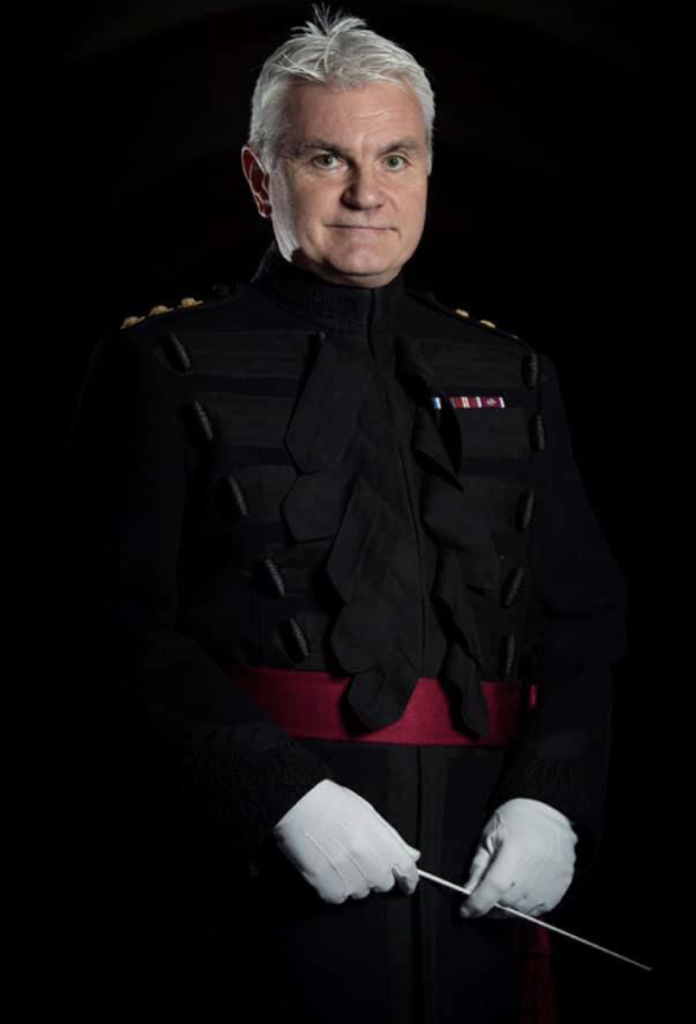
Major Jonathan Milne currently serves as the Royal Military School of Music’s Chief Instructor at Kneller Wing, Gibraltar Barracks. He is responsible for the delivery of Subsequent Trade Training in British Army Music, overseeing Career Employment Qualifications, the International Bandmaster Course, and the British Army Bandmaster Course.
Major Milne began his military career as a flautist in the Band of the Blues and Royals. In 2002, he graduated as a British Army Bandmaster. He went on to conduct bands such as the Band of the Corps of Royal Engineers, and the Band of the Coldstream Guards. In 2014, Major Milne received his commission and became a Director of Music. In recent years he has conducted bands such as the Queen’s Division Band, and the Band of the Irish Guards.
Subsequent Trade Training (STT)
Gibraltar Barracks, Minley
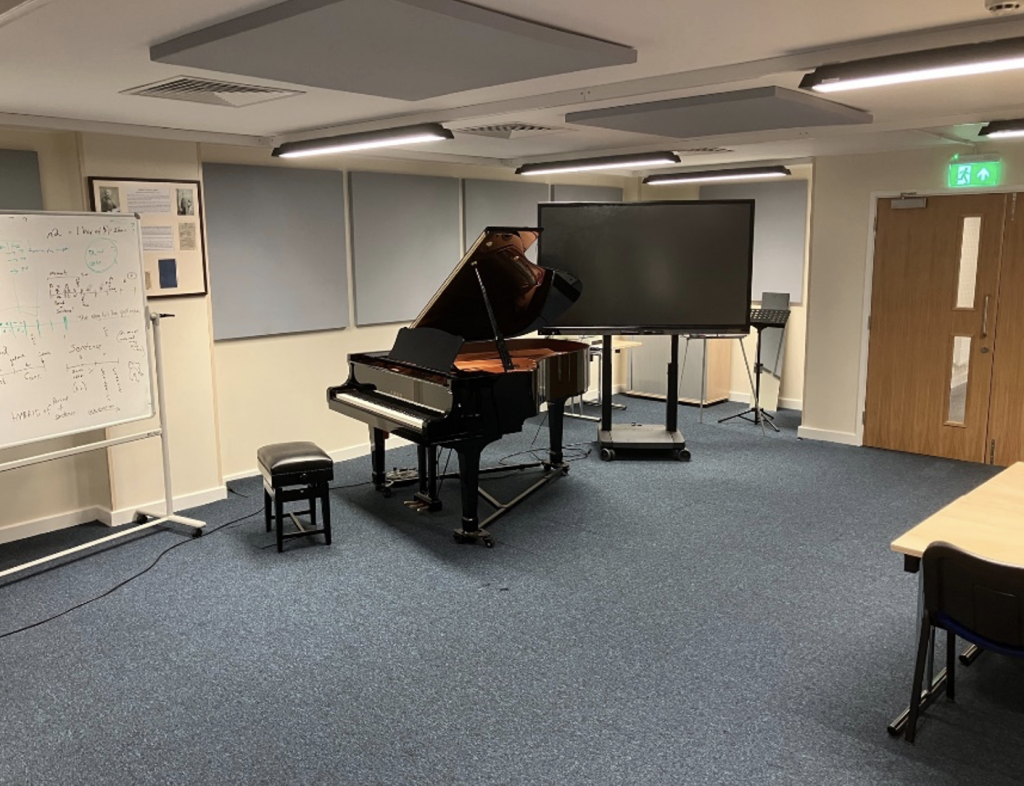
Subsequent Trade Training (STT) takes place largely at our new home of Gibraltar Barracks, Minley, in a repurposed building named the Kneller Wing in remembrance of our former spiritual home, Kneller Hall. The new building caters for all the academic and administrative elements of the British Army Bandmaster Course (BABMC) and has a music/reference library, teaching rooms equipped with grand pianos, large pro-wise screens, and air conditioning. A Students’ common room contains a desk and desktop computer for each Student Bandmaster (Std BM) and is a private space for the Students to engage with their academic homework, as well as communicate with the rest of RCAM via ‘ModNet’.
During the working week, the Students study the five pillars of the BABMC. These are Conducting, Harmony and Aural, Analysis and Context, Orchestration, and Band Management. The Conducting element is instructed by Professor Robin Browning and involves working remotely with RCAM bands and conducting a piano repetiteur at the Kneller Wing. The Harmony and Aural pillar is taught by Professor John Traill, Analysis and Context by Professor Tom Czepiel, Orchestration by Professor Stephen Roberts, and finally the Band Management pillar is taught largely by visiting guest instructors and serving Bandmasters. There is also marching element in the form of Baton Drill instruction.
